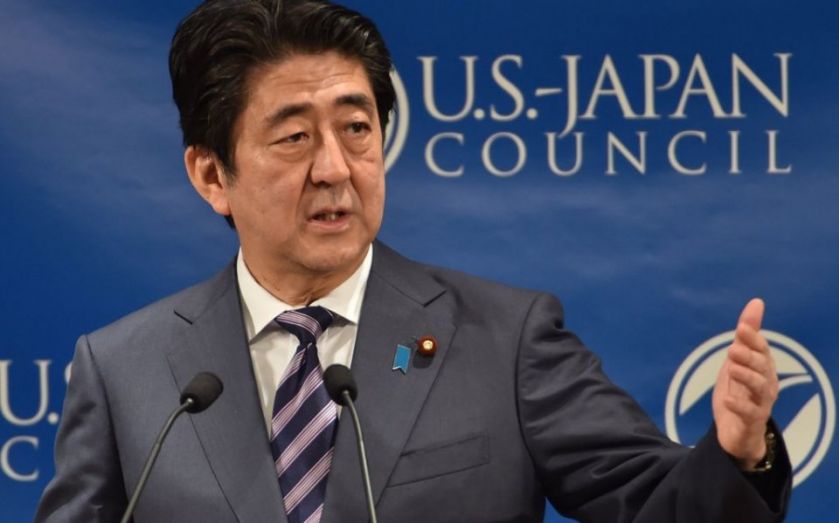With Japan’s economy likely to have entered a technical recession, has Abenomics failed?

Freya Beamish, an economist at Lombard Street Research, says Yes.
Abenomics is failing, but the technical recession doesn't prove it so much as confirm Japan's exposure to China. In fact, Shinzo Abe has achieved some significant successes: strides have been made in improving corporate governance, although there is still a long way to go; the Trans-Pacific Partnership will open Japan to import competition, benefitting consumers; women have entered the labour force on an unprecedented scale.
But the dividends will materialise over a decade. On the other hand, inflation excluding food and energy is already running at 0.9 per cent year-on-year. To some, this is a sign of success.
Yet a deeper look shows Abenomics is creating the wrong type of inflation, the type that erodes household purchasing power and undermines consumption – the part of the economy that most needs Abe's help.
So when will we know Abenomics has really failed? This will come when the Bank of Japan's large-scale QE hits structural barriers in financial markets, possibly by early next year.
Thomas Wells, a multi-asset fund manager at Aviva Investors, says No.
Anyone who thinks that one quarter of weak data equates to the failure of Abenomics is missing the bigger picture for the world's third largest economy – and is failing to understand the nature of the man who runs it.
Shinzo Abe has nailed his colours to the three arrows of monetary reflation, fiscal expansion and structural reform, and the gentleman is not for turning.
Any signs of a material cyclical slowdown, or a further wilting of core inflation, will result in the Bank of Japan rolling out more QE.
The cumulative effect of structural reforms, such as a lower corporate tax rate, pension and corporate governance reforms and the empowerment of women in the workforce, will be key drivers of growth and investment in the medium term.
Abenomics may feel like it has stalled, but as these policies have only been in place since 2012, it is simply too early to say it has not worked. One swallow does not make a summer after all.